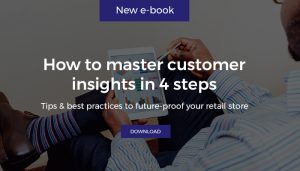Taking as a common factor that the data is the new oil, therefore the Cloud is the digital economy’s locomotive. Moving towards the global digital transformation, Cloud is one of the pillars of the fourth industrial revolution.
The significant investment in Greece for the creation of new data centers, which is recently announced, reveals that is an added-valuable asset to the chain of those who empower the Cloud with computing power and storage on a global scale. Cloud computing is what people are talking about lately. The Cloud, as a big (computing) cloud, has been around for more than 20 years, powering our every online moment; communication via computers and mobile devices, managing valuable data in the work-environment, running essential applications, our data protection, whether it concerns our work or personal life.
The Cloud has a global powerful presence since email servers became accessible from everywhere and communication is digital. All kinds of applications have been transferred to the Cloud, making it possible to run them from any device, without requiring special computing power locally, with the only prerequisite, a fast and seamless data connection.
The common, besides age-old, questions about security, reliability, and sustainability have been confronted. Access to any application or platform located in the Cloud is secure, more affordable, and often faster, compared to the on-premises installation model. Installation and maintenance costs are incomparable, as are the possibilities of implementing business continuity models in any emergency. These are the main reasons that led to the development of Qivos Cloud, an internationally recognized platform for supporting reward schemes, collecting, and processing consumer behavior data.
The Cloud is here to stay, growing faster than the needs of individual users and businesses, creating dramatically increasing performance indicators and allowing us to stop dealing with operational issues that once consumed significant resources. The use of those resources can be placed in the effective growth of the business model.
Author: Tasos Papadopoulos, Qivos’ CTO.








